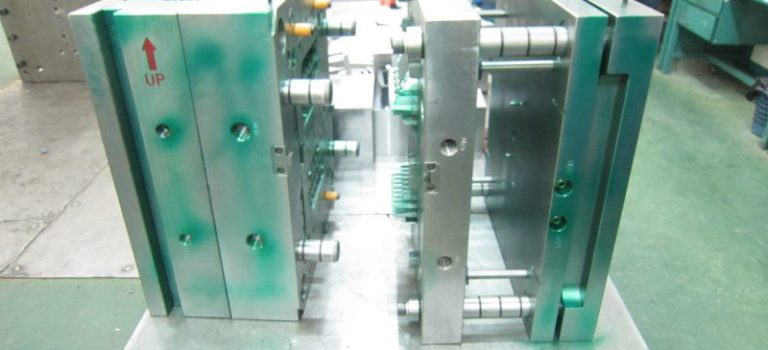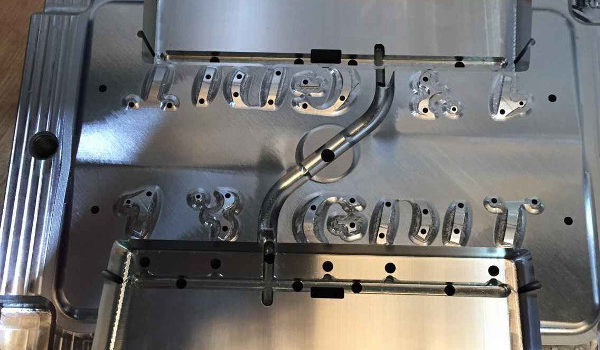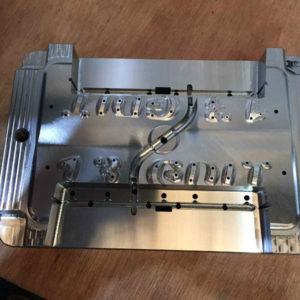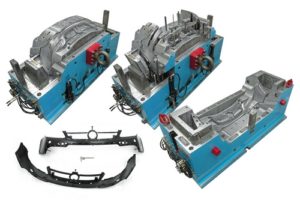The wall thickness of products is one of the most importance things to keep mind when it comes to plastic injection molding. Typically, thicker walls provide a higher level of strength. At the same time, they may create the problem of warping while the plastic cools down in the mold. Let’s take a look at some key-points to remember when molding plastic of different wall thickness during an injection molding process.

Designers and engineers tend to take shortcuts and opt for the lowest wall thickness, which is not a good idea. However, during mass production, you can enjoy a few advantages by keeping the walls light and thin. Moreover, if the production process keeps going on for a long-term, the benefits become more significant. Give below is a description of some of the benefits:
- Since thinner parts don’t require a lot of material, their material cost is low. And this is what most producers want to do. Keeping costs low is the goal of every production manager.
- Thinner parts tend to cool down faster, which shortens the molding cycle and brings down the cost of each unit.
- Thinner parts don’t have a lot of weight, which reduces the shipping costs.
Considerations
Typically, plastic products have varied wall thickness. Minimum wall thickness depends upon the structural and strength requirements of the part or product. Aside from this, you also need to take into account the material behavior as there is a strong link between the injection pressure and the highest flow length that can be achieved. Irrespective of the case, modern flow and structure analysis programs can help you opt for the best wall thickness. So, keeping this point in mind is important.
Aside from this, you can also go for different kinds of plastic as each type has its own degree of cooling properties and strength. As a general rule, experts suggest that the minimum wall thickness for the traditional molding should be around 0.3mm. Moreover, it also depends upon the features of the part. If the thickness is lower than 0.3mm, it will be harder to get good results.
Design Advice
As far as molding plastic parts through injection molding in china is concerned, the wall thickness uniformity is important. The reason is that thinner walls tend to cool down faster than the thicker ones. If this happens, you may have to face the problem of warping, which can cause internal stresses in a product. This is something that you don’t want to see when you are trying to take shortcuts.
If you can’t have a uniform wall thickness, you can change the thickness. However, make sure you make changes to the thickness bit by bit. This will help you avoid the complication that we mentioned above.
Long story short, these are a few things that you may want to keep in mind when molding plastic products that feature different wall thickens. For quality assurance, as said earlier, the wall thickness uniformity is really important.
You can import great quality injections molds from a good injection mold maker in China. This will save you plenty of money.
Resource box: This article is originally posted in http://www.automoldchina.com



